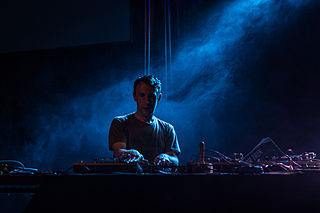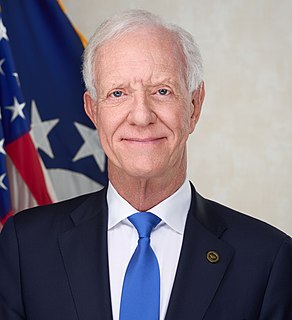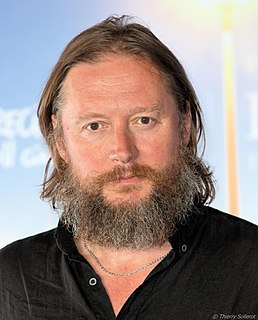A Quote by RJD2
I generally don't regret decisions that have poor outcomes for me because that's the best way you can learn.
Related Quotes
If you do what you think is right for the benefit of everybody and everything and you make decisions, to go back and regret them afterwards - it's a futile experience and it's not worth thinking about. Because life just unfolds. Provided you do your best and you think you're on the right track, you can only be right or wrong. But to regret it - I don't think there are any huge errors or misdemeanors.
The way I generally work is that I do try to leave as many decisions as I possibly can to the day of, because it feels like that's where you're most in tune to what's going on. I sort of feel like my job is to be a conduit to opportunities, to maximize the creativity of the day itself - because that's when the cameras are running. That's the important thing to me.
There's no regret. You can't regret. I mean, I've felt regret but I've also refused to allow regret to sow a seed and live in me because I don't believe it. You feel it, it's like guilt, it's like jealousy, it's like all those horrible things. You've just got to snip them and get them out, because they're no good.
Part of making good decisions in business is recognizing the poor decisions you've made and why they were poor. I've made lots of mistakes. I'm going to make more. It's the name of the game. You don't want to expect perfection in yourself. You want to strive to do your best. It's too demanding to expect perfection in yourself.
Expected outcomes contribute to motivation independently of self-efficacy beliefs when outcomes are not completely controlled by quality of performance. This occurs when extraneous factors also affect outcomes, or outcomes are socially tied to a minimum level of performance so that some variations in quality of performance above and below the standard do not produce differential outcomes




































